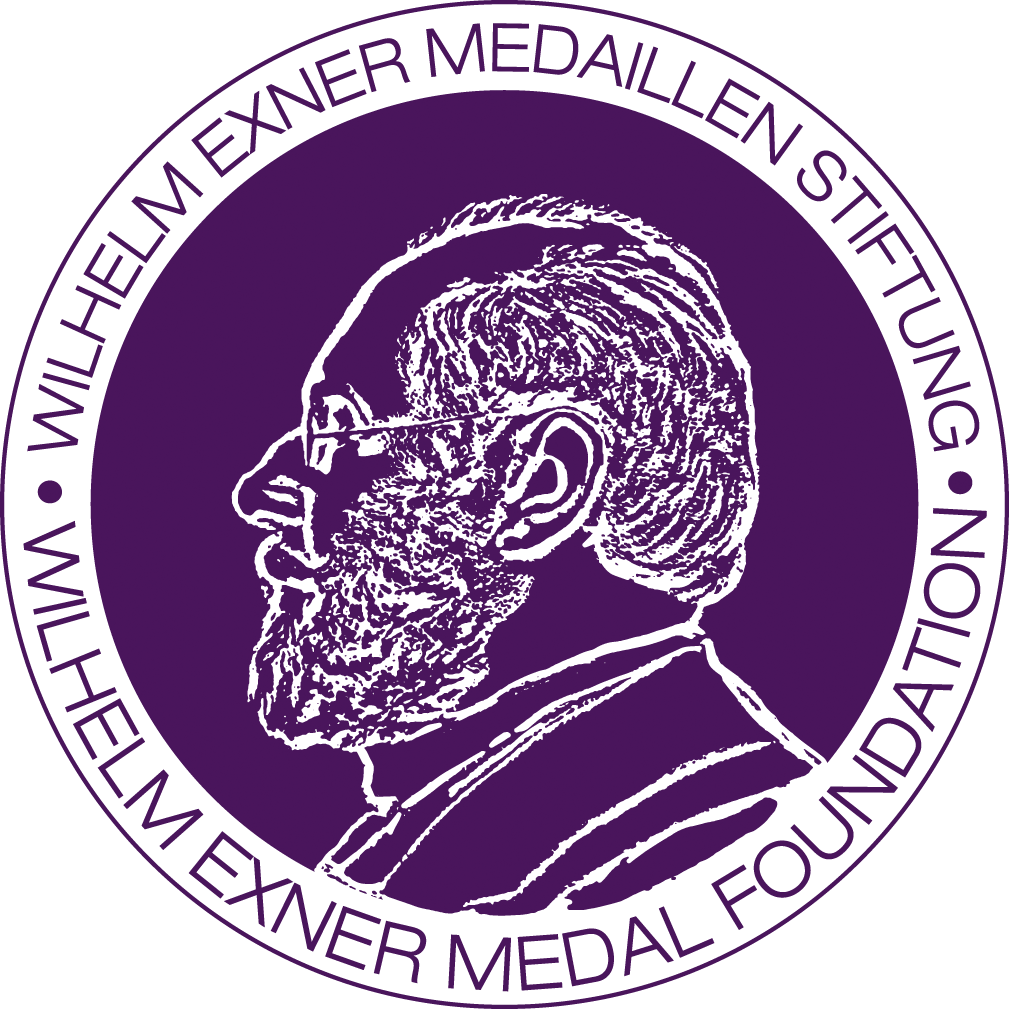Ferdi Schüth is an internationally recognised chemist working in the fields of heterogeneous catalysis and sustainable chemistry/energy conversion. He has made ground-breaking and award-winning discoveries in three areas that are of high economic relevance:
(i) nanostructured catalysts with controlled porosity for various applications, such as biomass conversion, methane activation and fuel cell catalysis.
(ii) High throughput experiments (HTE) in catalysis, and
(iii) Mechanocatalysis of gas phase reactions. In addition, his CV clearly shows his entrepreneurial spirit, as described below:
Ferdi Schüth’s scientific success throughout his career becomes clear when reading his publications, which are rarely routine. On the contrary, they often open up new avenues of research that others follow. This is also reflected in his citation statistics: his H-index is 114, his citation count is approaching 55,000. The practical relevance – beyond the points mentioned above – is also clear from his inventorship of around 40 patent families.
The science system as a whole is also close to his heart, and in his leadership roles in the science system, technology transfer and relations between science and industry have always been at the top of his agenda. He was Vice President of the DFG from 2008 to 2015 and of the Max Planck Society from 2014 to 2020. In the latter role in particular, he was responsible for Max Planck Innovation, the technology transfer organisation of the Max Planck Society. In addition, he was instrumental in founding the so-called Cyber Valley in the Stuttgart/Tübingen area, in which Max Planck Institutes, universities and industrial companies jointly promote robotics and artificial intelligence, which is documented in many speeches by the then Max Planck President Martin Stratmann. He was also Chairman of the Investment Committee of the High-Tech Gründerfonds, a public-private venture capital fund for start-up investments in high-tech companies, for 15 years.




